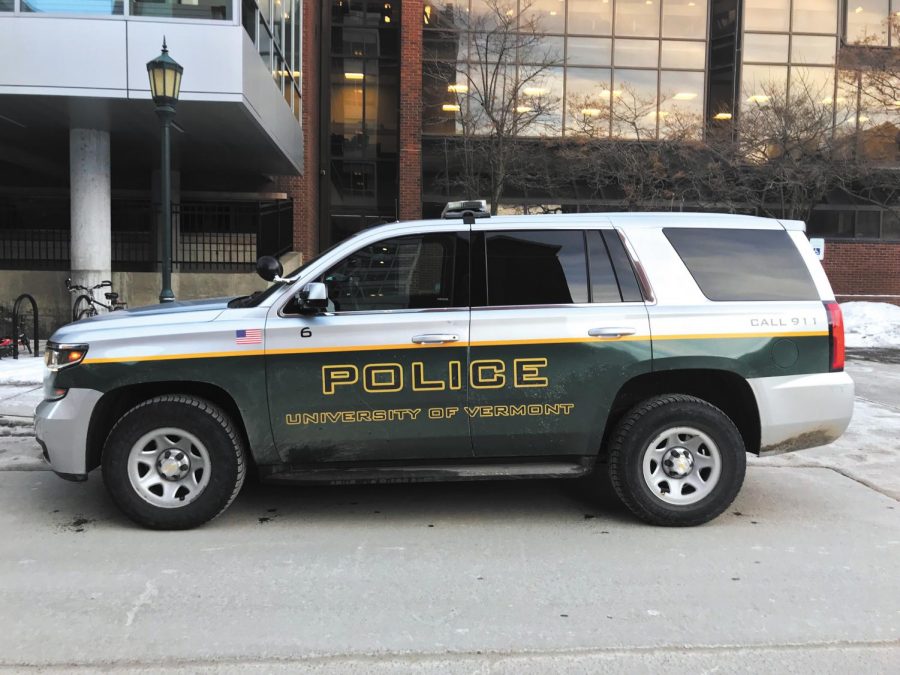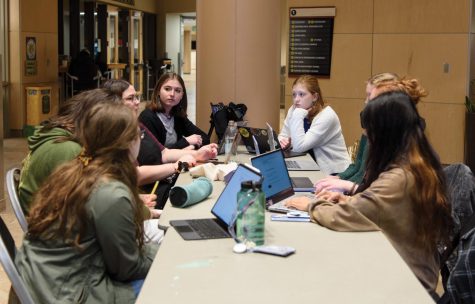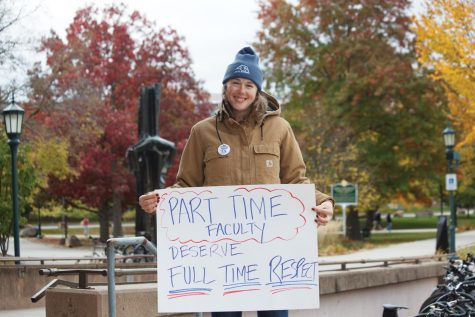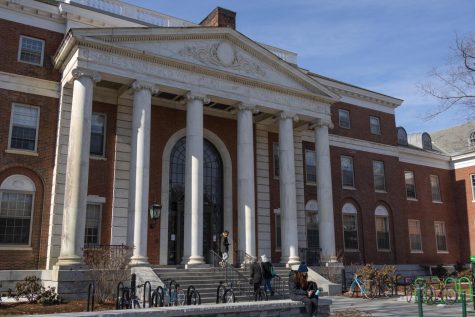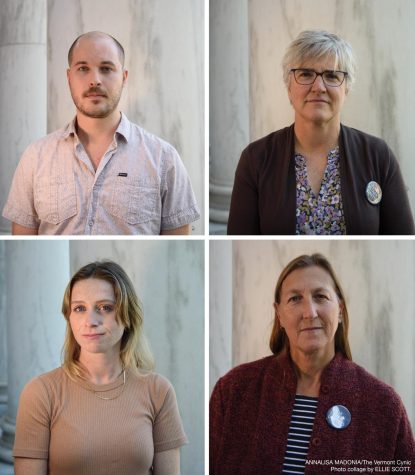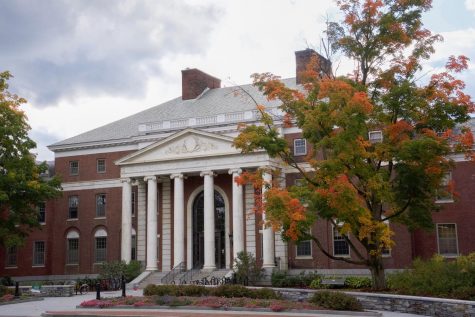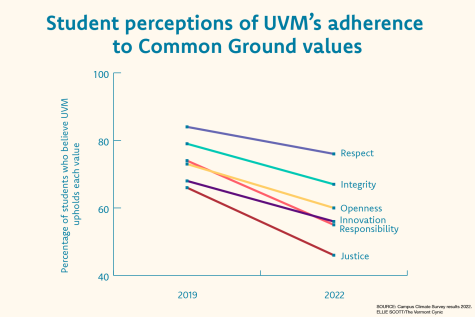Police warn students of successful scams
A UVM police services car idles outside the Central Campus Residence Hall Feb. 13, 2019.
February 28, 2019
UVM police services is working with the FBI to investigate a phone scam that has been targeting students.
The scam is a call made to look like it’s from UVM police services by spoofing their phone number.
The caller says there is a warrant out for their arrest, and they will be arrested if they don’t send money, said Tim Bilodeau, deputy chief of UVM police.
UVM police services has received reports of over 30 attempts from students over the last three weeks, Bilodeau said.
There has also been reports of an email scam asking students to cash a check and send back money or credit card information, but it is more generic and has been less successful, he said.
UVM police services is working with the FBI to investigate the phone scam, because the scam may be coming from either another state or another country, Bilodeau said.
The phone scam states the student has been involved with drug trafficking in the Dominican Republic, and if the student doesn’t send them upward of $1,000 they’ll be arrested, he said.
The scams are sophisticated, using social media and UVM websites that have public information to find out more about targeted students, Bilodeau said.
There have been over 30 reported attempts, several of which have been successful at getting financial information from students and several that have been successful at getting thousands of dollars sent, Bilodeau said.
The phone call scam is very convincing, using the names of real police officers, and has been more common and successful than the email scam, he said.
People often fall for these types of scams because there can be an innate trust of the police, insurance companies, the IRS and other organizations or companies used as covers for fraud, Bilodeau said.
“There’s nothing wrong with asking questions or hanging up, no matter who you think the call is from,” he said.
The police will never ask people to send money, payment information or warn someone about an arrest warrant over the phone, Bilodeau said.
Senior Eliana Pacheco said she received a call from the scam Feb. 22, and at first thought it was UVM police services responding to an unrelated report she made earlier that week until the man she was talking to threatened to arrest her.
“I was pissed,” Pacheco said. “My heart was racing, but it was just some slimy dude trying to get money from me.”
Pacheco ended the call before she was told to send money, and reached out to UVM police services, who confirmed that the prior call was a scam, she said.
This is not the first time students have been targeted by phone scams.
Students were notified of a similar fraud attempt last year, according to an April 2018 Cynic article. No one gave money, according to the article.


